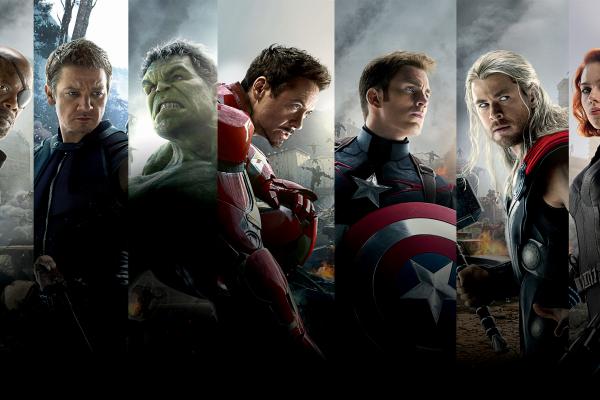AVENGERS: AGE OF ULTRON asks what happens when you give a computer the ability to think for itself. To which we could add, what happens when you make a science fiction film that assumes the audience can think for itself?
Sadly, in the case of Age of Ultron, writer-director Joss Whedon’s serious attempt to make a smart blockbuster collides with corporate cookie-cutting and the belief that stockings are best overstuffed, even if what’s in them is just cotton wool or dead weight. Too much is going on, and not all of it is good. Thor, the Hulk, Iron Man, Black Widow, and the other guy with the arrows are still looking for a magical object, but when they find it we’re none the wiser about what it’s for. Bad guys still threaten the safety of the world, and the Avengers still think that only maximum force can secure a result.
Read the Full Article

